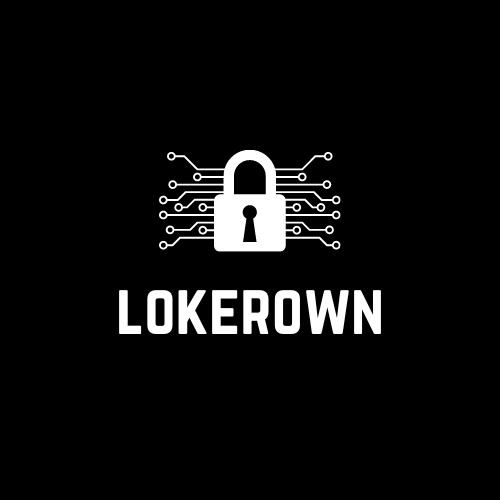In today’s fast-paced industrial world, precision machining has become a cornerstone of modern manufacturing. From aerospace components to medical devices, the demand for highly accurate and reliable parts is ever-growing.
Precision machining, especially with the advent of advanced technologies like industrial equipment and precision manufacturing, ensures that parts meet stringent quality standards. Let’s dive into the seven significant advantages of precision machining.
1. Unmatched Accuracy
One of the most striking advantages of precision machining is its unparalleled accuracy. Precision CNC manufacturing, for instance, can achieve tolerances as tight as a few microns.
This level of accuracy is crucial for industries where even the smallest error can lead to significant issues, such as in the aerospace or medical fields. The ability to produce parts that are consistently accurate ensures the overall quality and performance of the final product.
2. Enhanced Efficiency
Precision machining significantly enhances manufacturing efficiency. With advanced machinery and software, manufacturers can produce complex parts quickly and with minimal waste. This efficiency translates to faster production times and lower costs.
Additionally, techniques like industrial equipment thermal imaging help in monitoring and maintaining optimal operating conditions, further boosting efficiency.
3. Superior Quality and Consistency
Quality is paramount in manufacturing, and precision machining excels in delivering it. By using highly controlled processes and state-of-the-art equipment, manufacturers can ensure that each part meets exact specifications.
This consistency is vital for industries like automotive and electronics, where uniformity in parts can affect the entire assembly process and product performance.
4. Cost-Effectiveness
While the initial investment in precision machining equipment might be high, the long-term benefits outweigh the costs. Precision machining reduces material waste and minimizes the need for manual intervention, leading to lower labor costs.
Moreover, the ability to produce high-quality parts reduces the likelihood of defects and rework, saving time and money in the long run.
5. Versatility in Materials
Precision machining is not limited to a specific type of material. Whether it’s metals, plastics, or composites, precision CNC manufacturing can handle a wide range of materials with ease. This versatility is beneficial for manufacturers who need to work with different materials for various applications. It allows for greater flexibility in product design and development.
6. Reduced Human Error
Automation plays a significant role in precision machining, minimizing the risk of human error. Advanced CNC machines are programmed to follow exact specifications, ensuring that each part is produced accurately.
This automation reduces the reliance on manual labor, which can be prone to mistakes, and enhances overall production reliability.
7. Improved Product Lifecycle
Precision machining not only aids in the production of high-quality parts but also contributes to the longevity and durability of products. Accurate machining ensures that components fit together perfectly, reducing wear and tear.
This precision extends the lifespan of products, making them more reliable and reducing the need for frequent repairs or replacements.
Conclusion
In conclusion, precision machining offers numerous advantages that make it an essential aspect of modern manufacturing. From unparalleled accuracy and efficiency to cost-effectiveness and improved product lifecycle, the benefits are clear.
Embracing these advantages will undoubtedly lead to better products, increased customer satisfaction, and a stronger competitive edge in the market.






